Home>Articles>What Does It Mean When My Smoke Detector Beeps
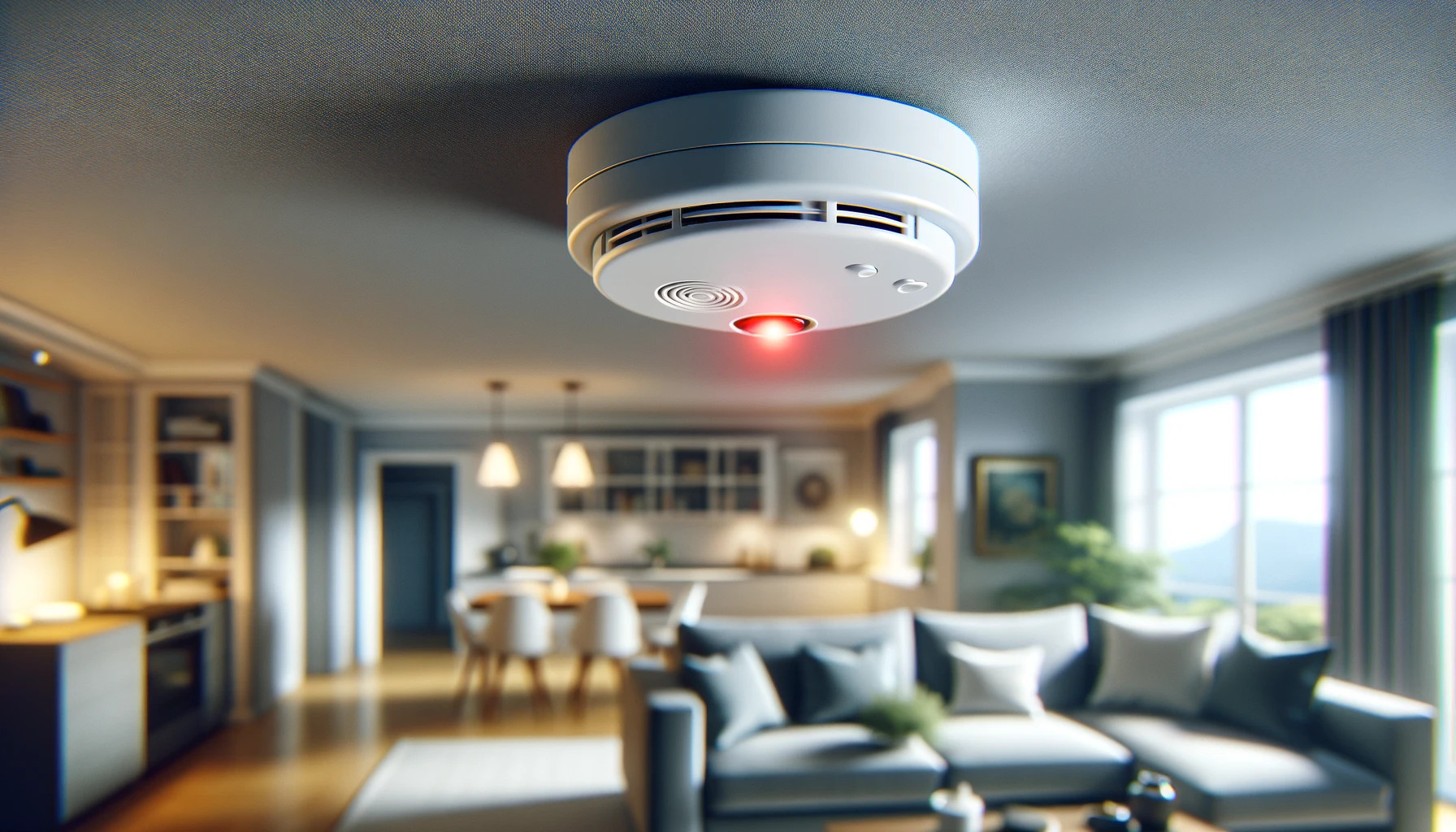

Articles
What Does It Mean When My Smoke Detector Beeps
Modified: February 24, 2024
Learn the possible reasons why your smoke detector beeps and how to troubleshoot the issue in this informative articles.
(Many of the links in this article redirect to a specific reviewed product. Your purchase of these products through affiliate links helps to generate commission for Storables.com, at no extra cost. Learn more)
Introduction
Welcome to the world of smoke detectors! These small, yet vital devices play a crucial role in keeping you and your loved ones safe from the dangers of smoke and fire. However, it can be quite unnerving when your smoke detector starts to beep unexpectedly. What does it mean? Is there a fire? Do you need to evacuate? In this article, we will delve into the reasons behind smoke detector beeping and provide you with insights on how to troubleshoot the issue.
Smoke detectors are electronic devices designed to detect the presence of smoke in the air. They are equipped with sensors that activate an audible alarm to alert occupants in case of a potential fire hazard. Modern smoke detectors are typically powered by batteries or connected to your home’s electrical system, ensuring continuous surveillance and protection.
It’s important to understand that smoke detectors are not infallible and can occasionally produce false alarms or emit periodic beeping sounds. These beeps are your smoke detector’s way of communicating with you, but they can be confusing if you don’t understand their meaning. Let’s explore the most common reasons for smoke detector beeping and how to address them.
Key Takeaways:
- Regular maintenance, such as cleaning and testing, is crucial for ensuring smoke detectors function properly. Stay informed about expiration dates and recalls to maximize safety and peace of mind.
- Never ignore a beeping smoke detector. Promptly address low battery warnings and evacuate if the alarm persists without an obvious cause. Prioritize the safety of yourself and your loved ones.
Understanding Smoke Detectors
Before we dive into the reasons for smoke detector beeping, let’s first understand how these devices work. Smoke detectors are typically comprised of two main types: ionization smoke detectors and photoelectric smoke detectors.
Ionization smoke detectors use a small amount of radioactive material to ionize the air inside the detector. When smoke particles enter the chamber, they disrupt the normal ion flow, triggering the alarm. These types of detectors are more sensitive to fast, flaming fires and are commonly found in residential homes.
On the other hand, photoelectric smoke detectors utilize a light source and a photosensitive sensor. When smoke enters the chamber, it scatters the light, causing the sensor to detect the change and activate the alarm. These detectors are more effective at detecting smoldering fires and are often found in commercial buildings.
Both types of smoke detectors are essential for optimal fire safety, and many modern models combine both technologies to provide comprehensive coverage. Understanding the type of smoke detector you have installed can help identify the specific reasons behind the beeping.
Common Reasons for Smoke Detector Beeping
When your smoke detector starts beeping, it is important to identify the cause to ensure your safety and peace of mind. Here are some of the most common reasons why your smoke detector may be beeping:
- Low Battery: One of the most prevalent reasons for smoke detector beeping is a low battery. When the battery power gets too low, the detector will emit a periodic beep to alert you to replace the battery. It is crucial to respond to this beep promptly by replacing the battery with a fresh one to ensure uninterrupted functionality.
- Faulty Smoke Detector: Sometimes, the smoke detector itself may be faulty and need to be replaced. Over time, smoke detectors can become less reliable due to aging components or accumulated dust and debris. If you have replaced the battery and the beeping continues, it is recommended to replace the entire unit to ensure optimal safety.
- Smoke or Fire Detected: Of course, the primary purpose of a smoke detector is to alert you to the presence of smoke or a fire. If your smoke detector is beeping continuously and there is no obvious reason such as cooking smoke or steam from a shower, it is essential to take it seriously. Evacuate the premises immediately and contact emergency services to report a potential fire.
By understanding these common reasons for smoke detector beeping, you can now take appropriate action based on the situation at hand. In the next sections, we will provide you with maintenance and troubleshooting tips to help address these issues effectively.
Low Battery
One of the most common reasons for smoke detector beeping is a low battery. Most smoke detectors are equipped with a backup battery that ensures continuous functionality, even during a power outage. When the battery power gets too low, the smoke detector will emit a periodic beep to alert you that it’s time to replace the battery.
When your smoke detector starts beeping due to a low battery, it’s essential to act promptly. Here are the steps you can take to address the issue:
- Locate the smoke detector: Identify the smoke detector that is emitting the beeping sound. You may have multiple detectors installed throughout your home, so make sure to narrow down the source.
- Check the battery type: Different smoke detectors use different types of batteries, such as 9-volt or AA batteries. Make a note of the battery type so that you purchase the correct replacement.
- Replace the battery: Carefully remove the old battery from the smoke detector and replace it with a fresh one. Ensure that the battery is properly inserted and securely in place.
- Test the smoke detector: After replacing the battery, it’s crucial to test the smoke detector to ensure it is functioning correctly. Most detectors have a test button that you can press to initiate a test. If the alarm sounds, it means the detector is working fine.
- Maintain battery replacements: To prevent future low battery issues, it is recommended to establish a routine battery replacement schedule. Depending on the manufacturer’s instructions, this could be every six months or once a year. Regularly changing the battery ensures that your smoke detector is always ready to protect you.
Remember, a smoke detector is only effective when it has a functioning battery. Ignoring the low battery warning beep can put you and your household at risk, as the detector may fail to alert you in the event of a fire. Take immediate action and replace the battery to maintain the safety and integrity of your smoke detector.
Replace the batteries in your smoke detector if it beeps intermittently. If it beeps continuously, it may indicate a fire or malfunction – investigate immediately.
Faulty Smoke Detector
While smoke detectors are designed to be reliable and accurate, they can occasionally become faulty over time. Factors such as aging components, environmental conditions, or accumulated dust and debris can affect their performance, leading to false alarms or continuous beeping. If you have replaced the battery and the smoke detector continues to beep, it may be a sign that the unit itself is faulty and needs to be replaced.
Here are a few steps you can take to address a faulty smoke detector:
- Ensure proper installation: Start by double-checking the installation of your smoke detector. Make sure it is securely mounted on the ceiling or wall according to the manufacturer’s instructions. Improper installation can hinder the detector’s functionality.
- Clean the smoke detector: Dust and debris can accumulate inside the smoke detector over time, affecting its performance. Gently remove the cover and clean the internal components using a soft brush or compressed air. Be cautious not to damage any delicate parts.
- Reset the smoke detector: Many smoke detectors have a reset button or procedure that can help resolve minor malfunctions. Consult the user manual or the manufacturer’s website for specific instructions on how to reset your particular model.
- Test the smoke detector: After cleaning and resetting the detector, it’s crucial to test it to ensure it is functioning properly. Press the test button to simulate a smoke event and ensure that the detector activates the alarm. If the test fails or the beeping persists, it may indicate a more significant issue with the unit.
- Replace the smoke detector: If all else fails and the smoke detector continues to beep, it is recommended to replace the unit entirely. Faulty detectors can compromise your safety by providing false alarms or failing to detect actual smoke or fire. Invest in a new, reliable smoke detector to ensure optimal protection for your home and loved ones.
Remember, a faulty smoke detector can jeopardize your safety in the event of a real fire. It’s important to address the issue promptly and take the necessary steps to either repair or replace the detector to ensure it is functioning reliably.
Read more: What Do 2 Beeps On A Smoke Detector Mean?
Smoke or Fire Detected
When your smoke detector is beeping continuously and there is no obvious reason such as cooking smoke or steam from a shower, it is essential to consider the possibility of smoke or fire. In such cases, it is imperative to take immediate action to ensure your safety and the safety of others in your household. Here’s what you should do:
- Evacuate the premises: If the smoke detector is sounding an alarm without any apparent cause, do not ignore it. Take it as a sign of potential smoke or fire. Evacuate the building as quickly and safely as possible. Follow your emergency evacuation plan and make sure everyone leaves the premises.
- Call emergency services: Once you are safely outside, dial the emergency services number (such as 911) to report a potential fire. Provide them with accurate information about the situation and follow any instructions they may give you.
- Do not reenter the building: Under no circumstances should you reenter the building until the authorities, such as firefighters, give you permission to do so. They are trained to handle emergency situations and will assess the situation to determine if it is safe to reenter.
- Wait at a safe location: While waiting for emergency services to arrive, gather at a safe distance from the building. This will ensure your safety in case the fire spreads or there are hazardous conditions.
- Follow advice from professionals: The firefighters and emergency personnel will assess the situation and provide you with guidance on how to proceed. Cooperate with them and follow their instructions to ensure your safety.
Remember, the beeping of a smoke detector is a critical warning signal that should never be ignored. It is better to err on the side of caution and treat every alarm seriously. By promptly evacuating and alerting emergency services in case of a potential fire, you can protect yourself and minimize the risk to your property.
Maintenance and Troubleshooting Tips
Regular maintenance and troubleshooting can help prevent unnecessary beeping and ensure the optimal performance of your smoke detectors. Here are some tips to keep your detectors in excellent condition:
- Keep the smoke detectors clean: Regularly clean your smoke detectors to remove dust and debris that may accumulate on the sensors and affect their sensitivity. Use a soft brush or compressed air to carefully clean the exterior and interior of the detector.
- Test the smoke detectors regularly: Perform periodic tests on your smoke detectors to verify their functionality. Most detectors have a test button that you can press to initiate a test. If the alarm sounds, it means the detector is working fine. If not, replace the battery or the entire unit if necessary.
- Replace batteries as needed: Low battery levels can lead to beeping. Keep track of when you last replaced the batteries and establish a routine for battery replacement. Typically, it is recommended to replace the batteries every six months or as per the manufacturer’s guidelines.
- Check for proper installation: Ensure your smoke detectors are correctly installed according to the manufacturer’s instructions. Verify that they are securely mounted on the ceiling or wall and have a clear line of sight without any obstructions.
- Stay aware of expiration dates: Smoke detectors have a limited lifespan, typically around 10 years. Check the manufacturer’s recommendations for the expiration date of your specific model. If your detector is past its expiration date, replace it with a new one to ensure optimal functionality.
- Stay informed about recalls: Stay updated on any recall notices issued for your particular smoke detector model. Manufacturers occasionally release recalls to address safety concerns or product defects. Keep an eye out for any notifications and take appropriate action if necessary.
By following these maintenance and troubleshooting tips, you can ensure that your smoke detectors are in good working order and provide reliable protection for your home and family. Regular care and attention to your smoke detectors will minimize false alarms and beeping issues, providing you with peace of mind.
Conclusion
Understanding the reasons behind smoke detector beeping is crucial for maintaining the safety and functionality of these vital devices. From low battery signals to faulty smoke detectors and the detection of smoke or fire, it’s important to be knowledgeable and prepared. By promptly addressing and troubleshooting these issues, you can ensure the effectiveness of your smoke detectors in alerting you to potential fire hazards.
Regular maintenance, such as cleaning the detectors and replacing batteries, is key to keeping your smoke detectors in optimal condition. Testing them regularly and staying aware of expiration dates will help ensure that they are functioning properly when you need them the most.
Remember, never ignore the beeping of a smoke detector. The safety of yourself and your loved ones should always be the top priority. If you suspect the presence of smoke or fire, evacuate the premises immediately and contact emergency services. It’s essential to follow proper evacuation protocols and wait at a safe location until professionals give the all-clear to enter.
By understanding how smoke detectors work and how to address common issues, you can rest assured that you are taking proactive steps to protect your home and loved ones from the dangers of smoke and fire. Stay informed, be prepared, and prioritize the maintenance and functionality of your smoke detectors for a safer living environment.
Frequently Asked Questions about What Does It Mean When My Smoke Detector Beeps
Was this page helpful?
At Storables.com, we guarantee accurate and reliable information. Our content, validated by Expert Board Contributors, is crafted following stringent Editorial Policies. We're committed to providing you with well-researched, expert-backed insights for all your informational needs.
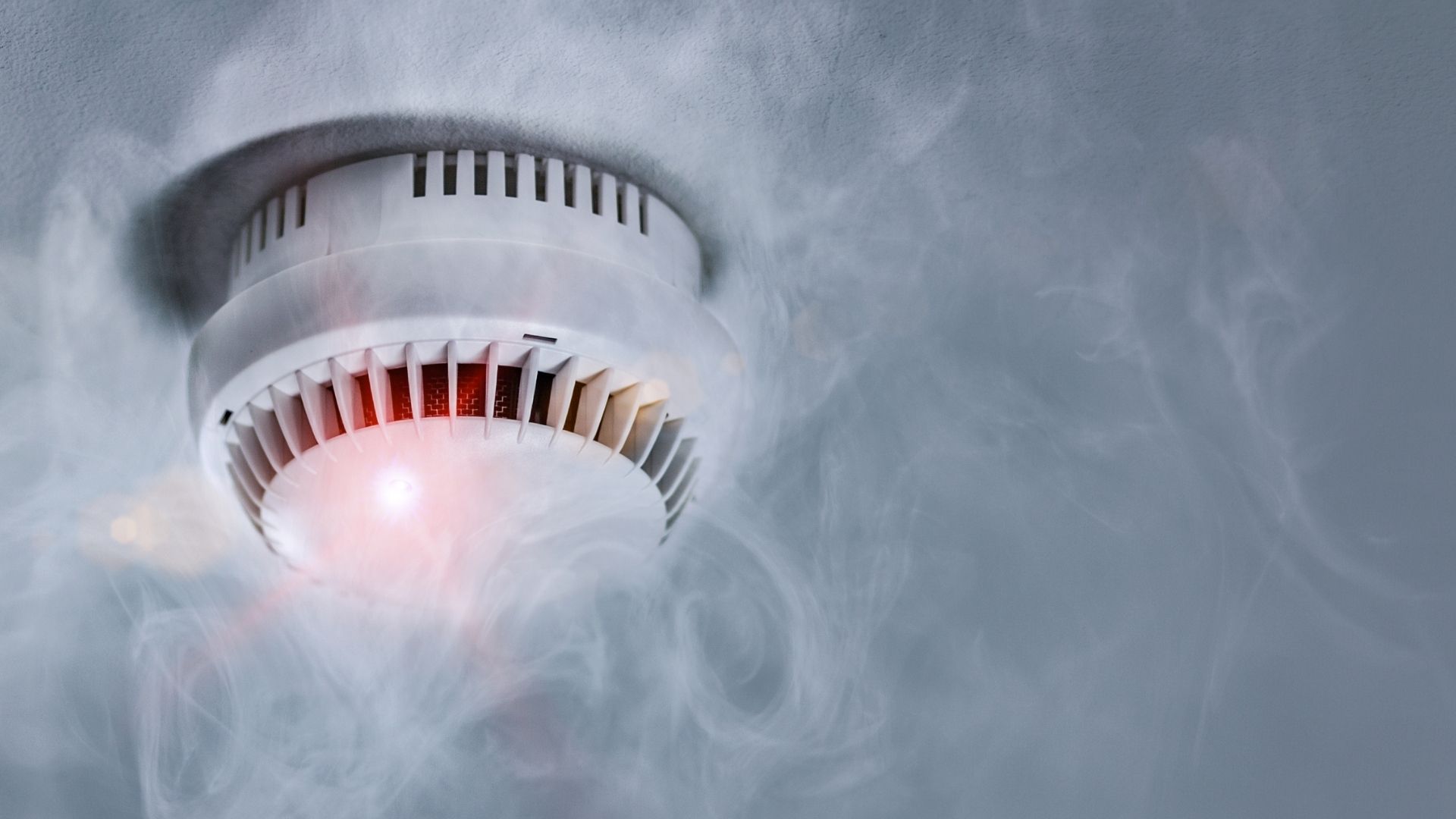
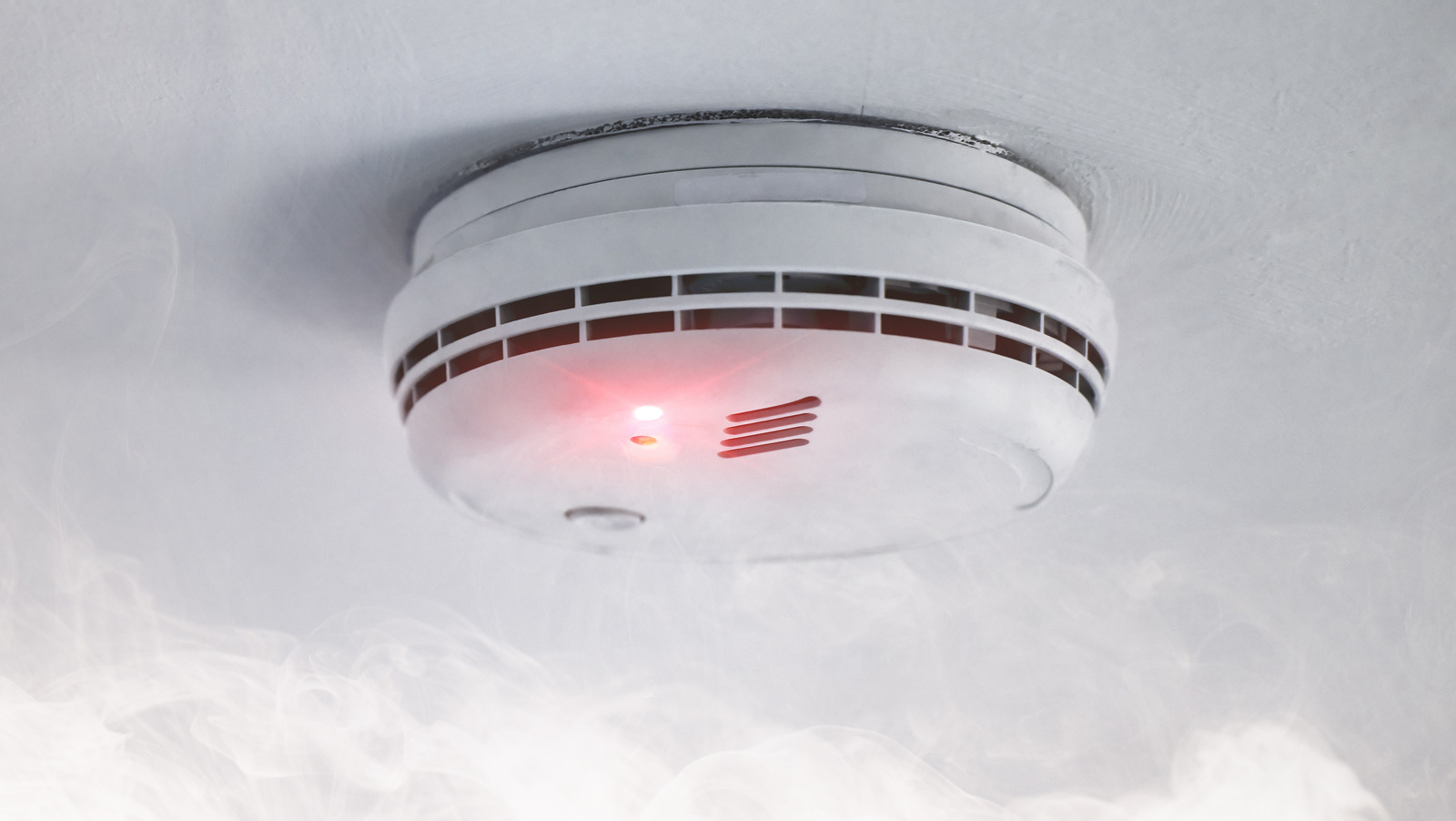
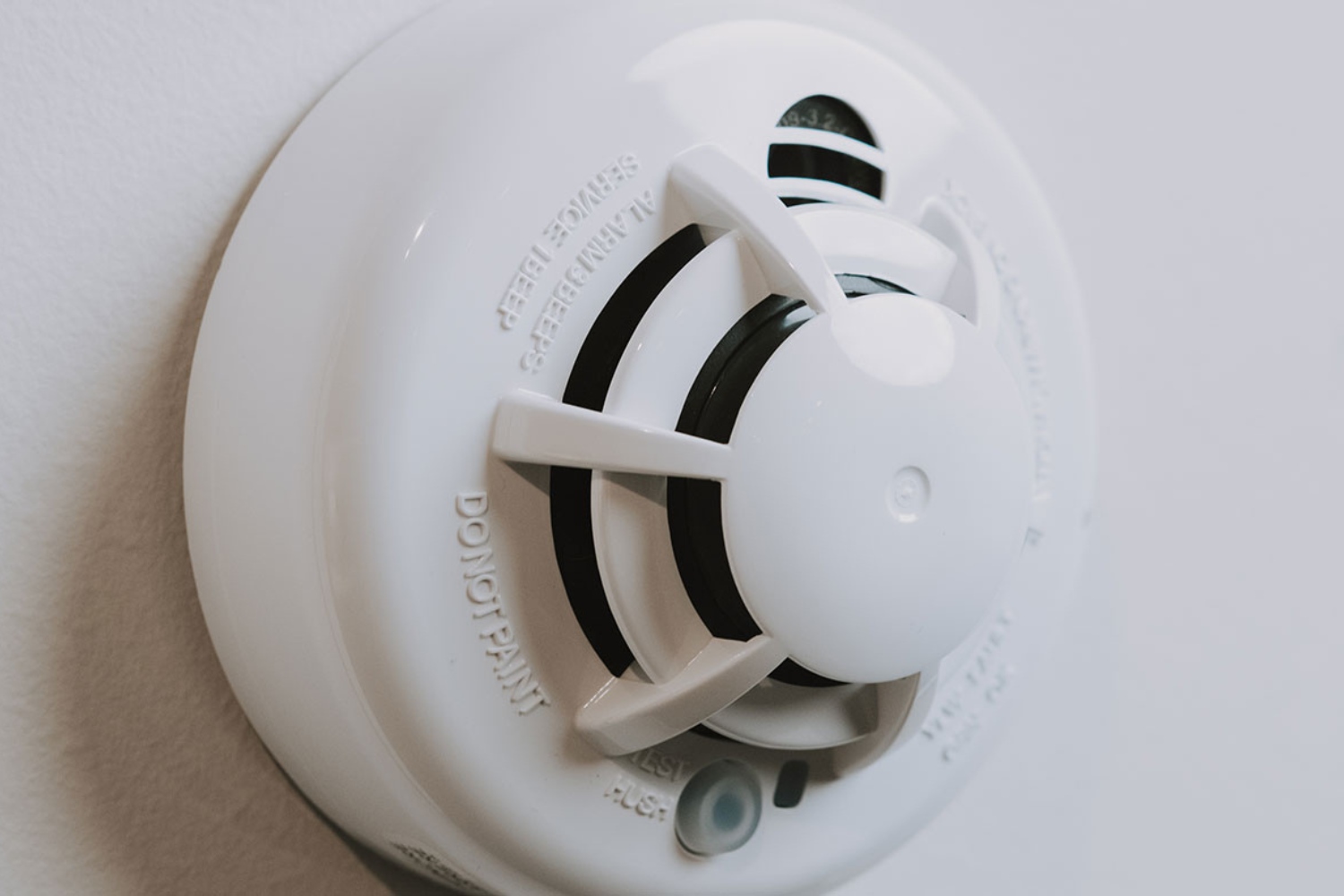
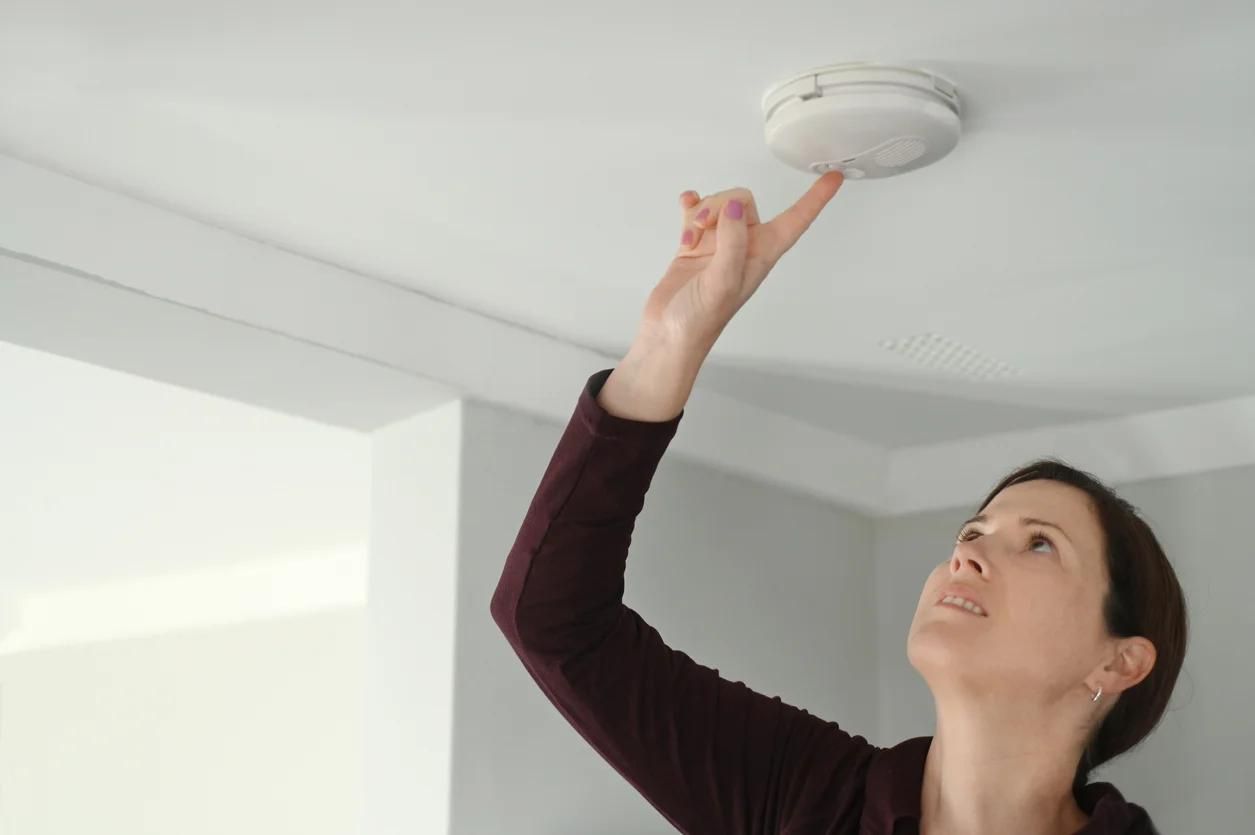
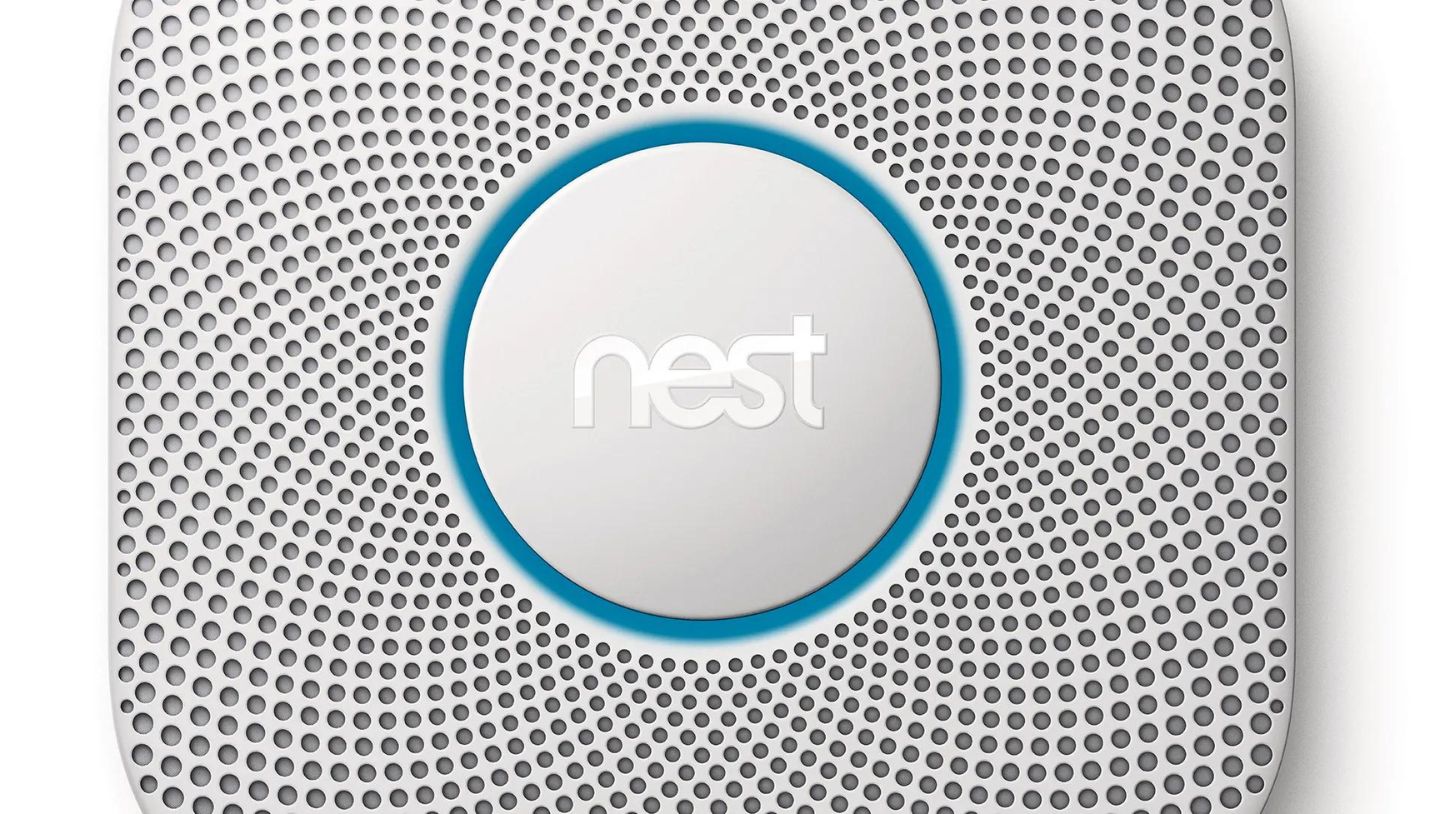
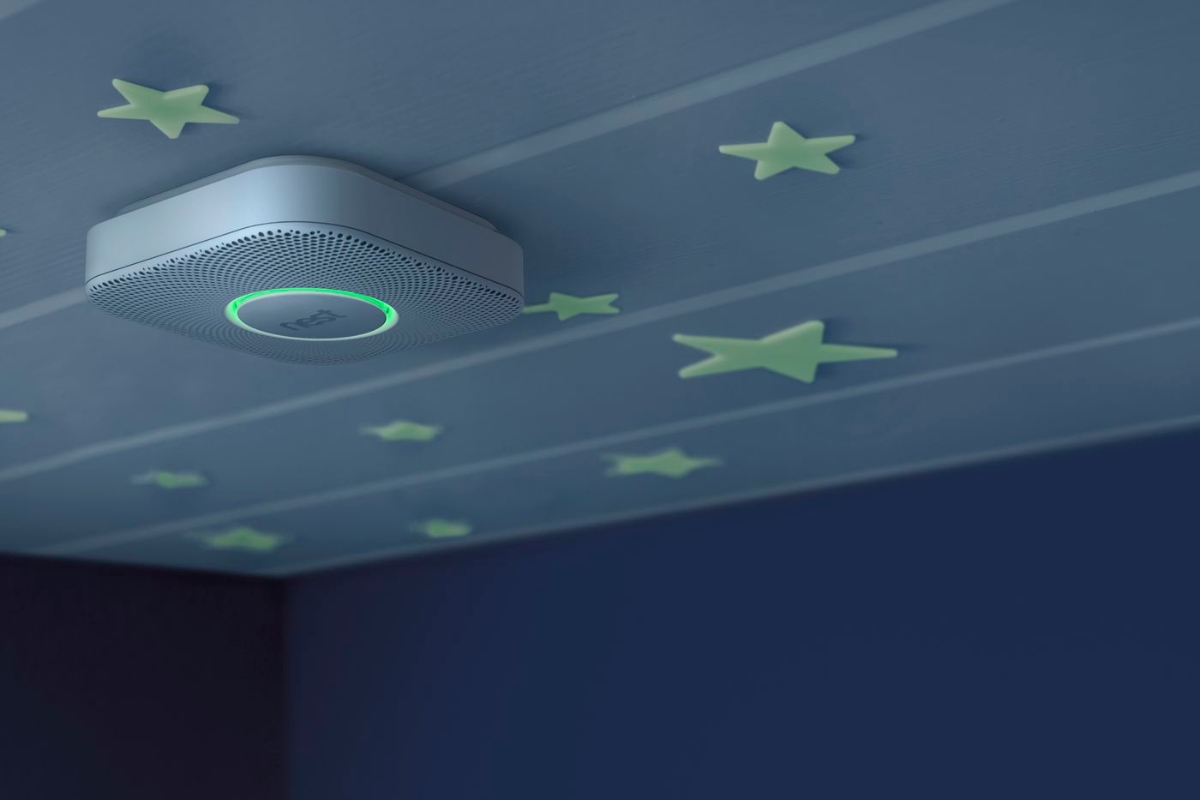
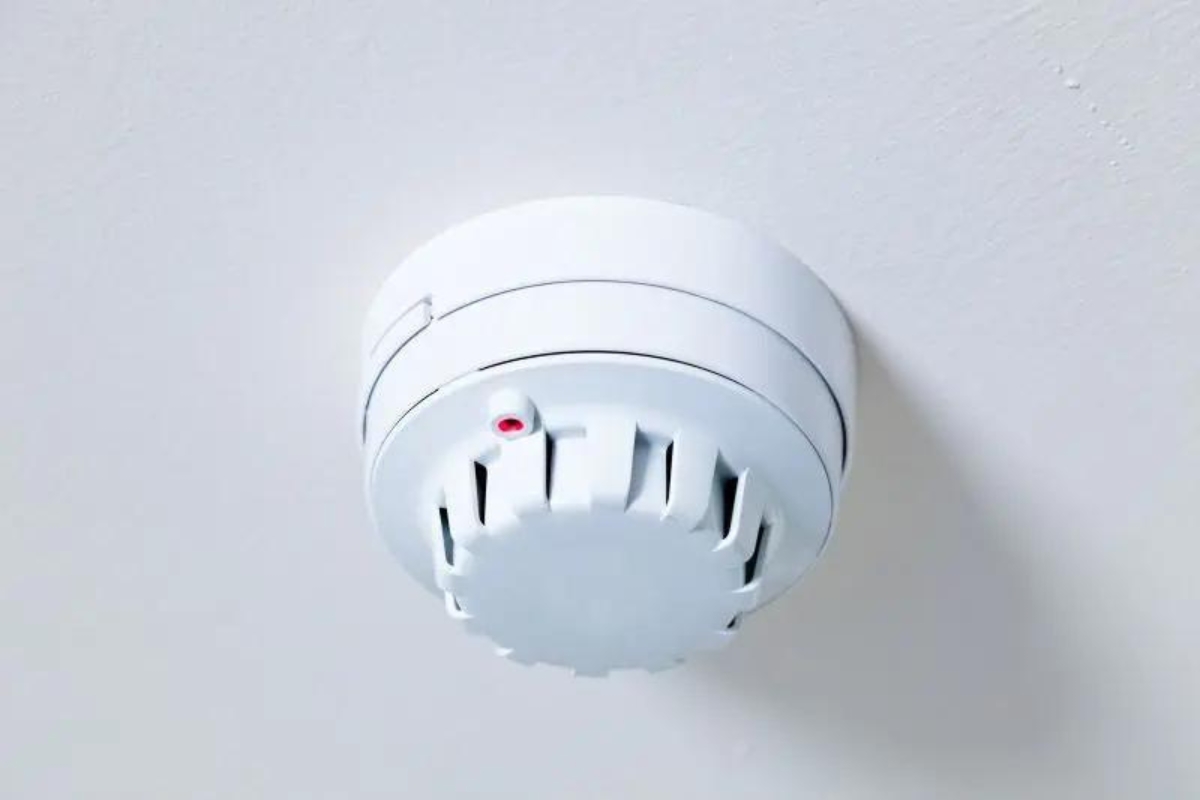
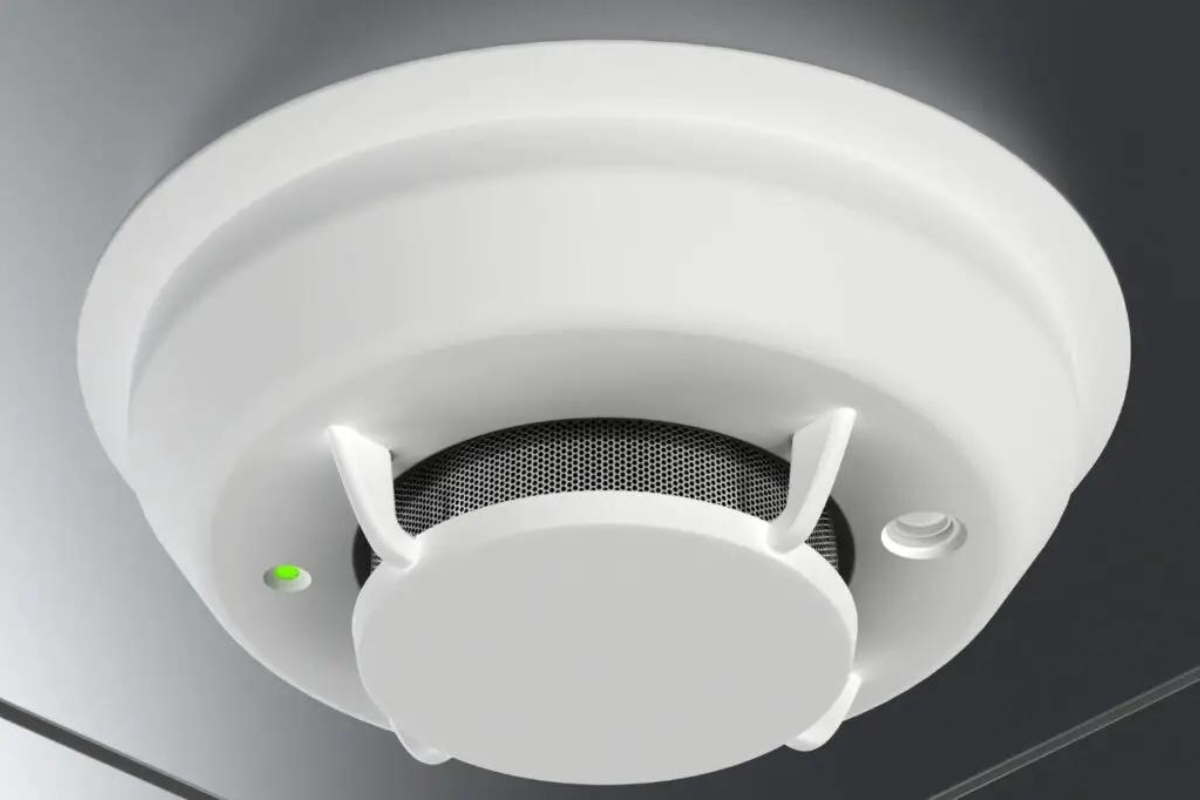
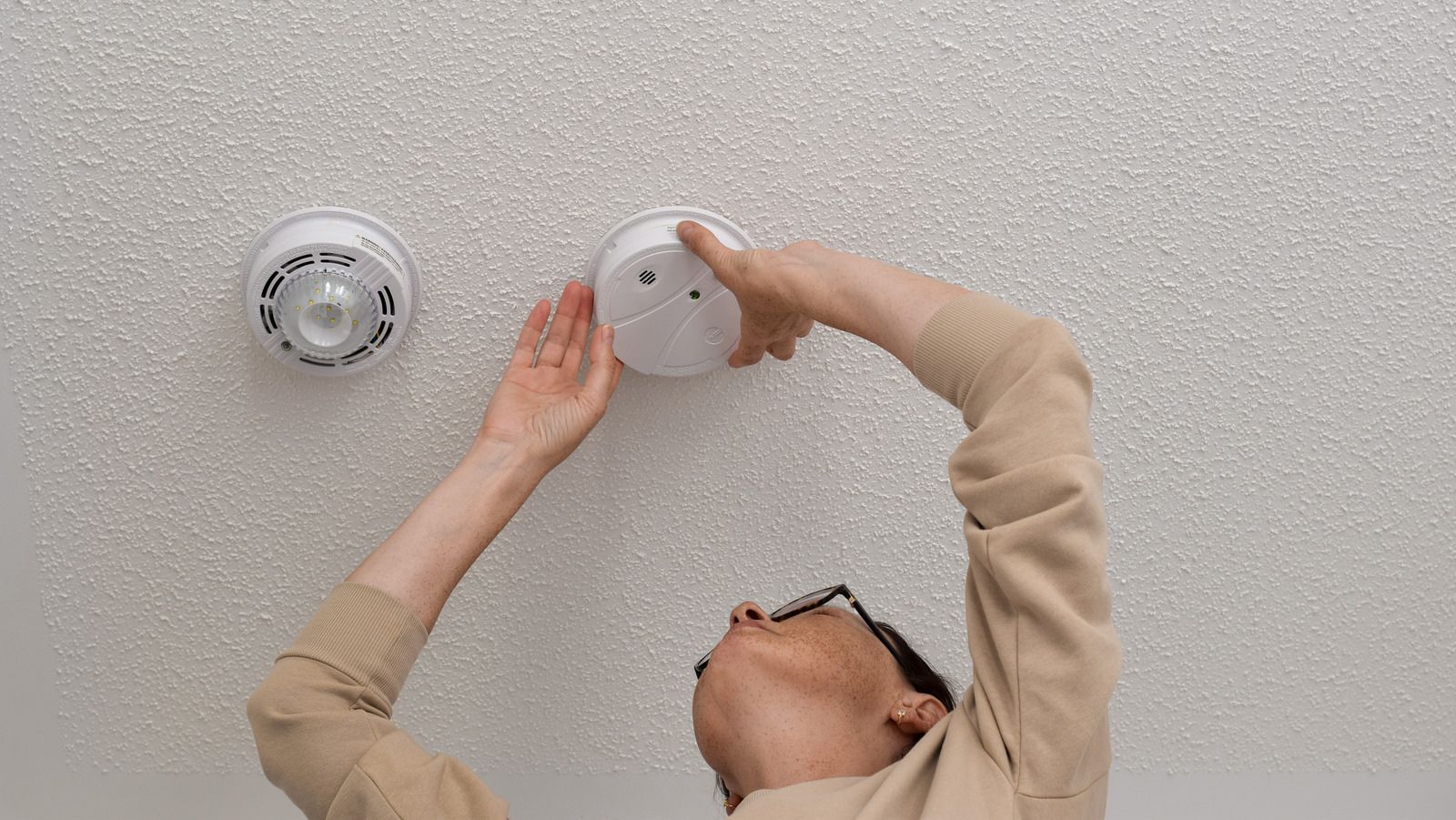
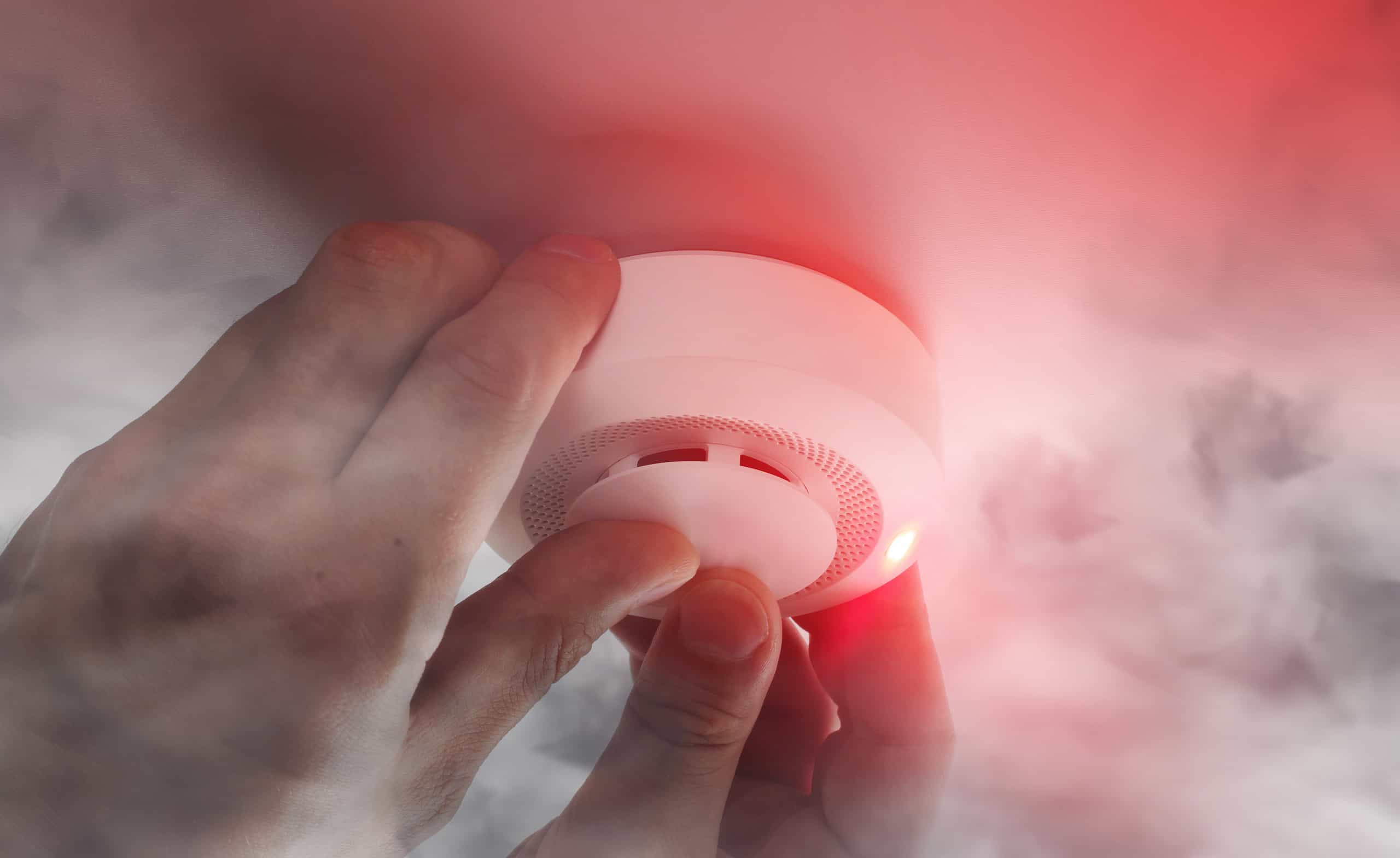
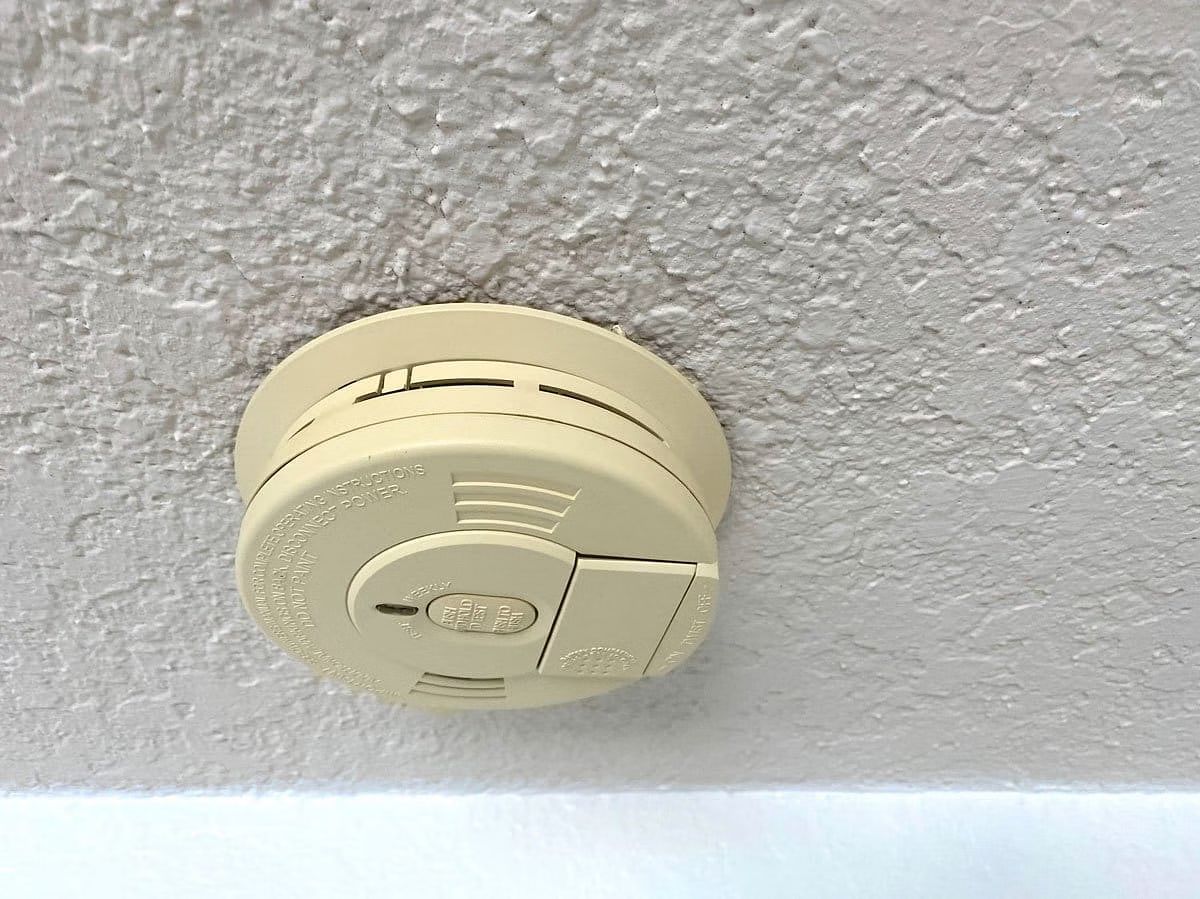
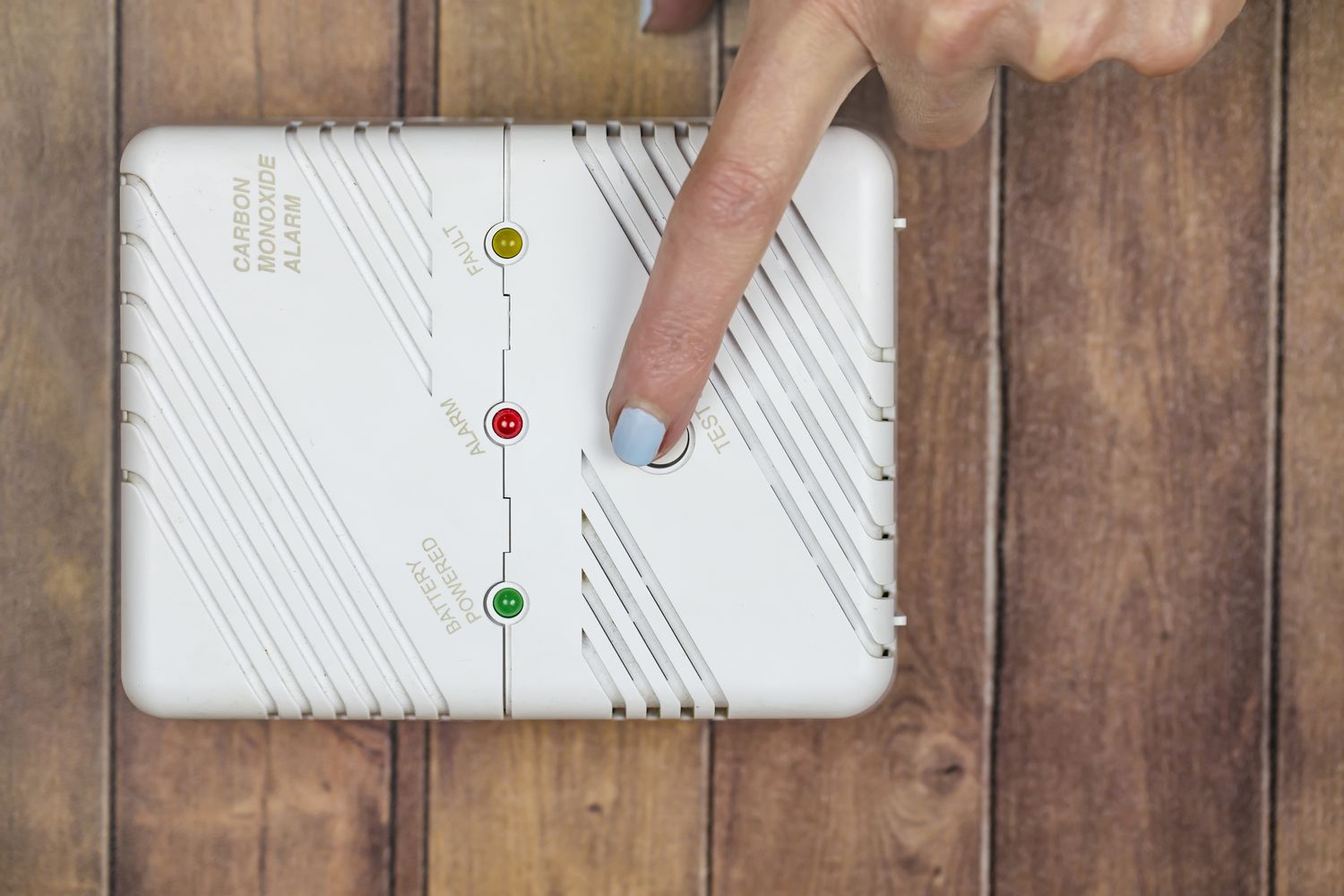
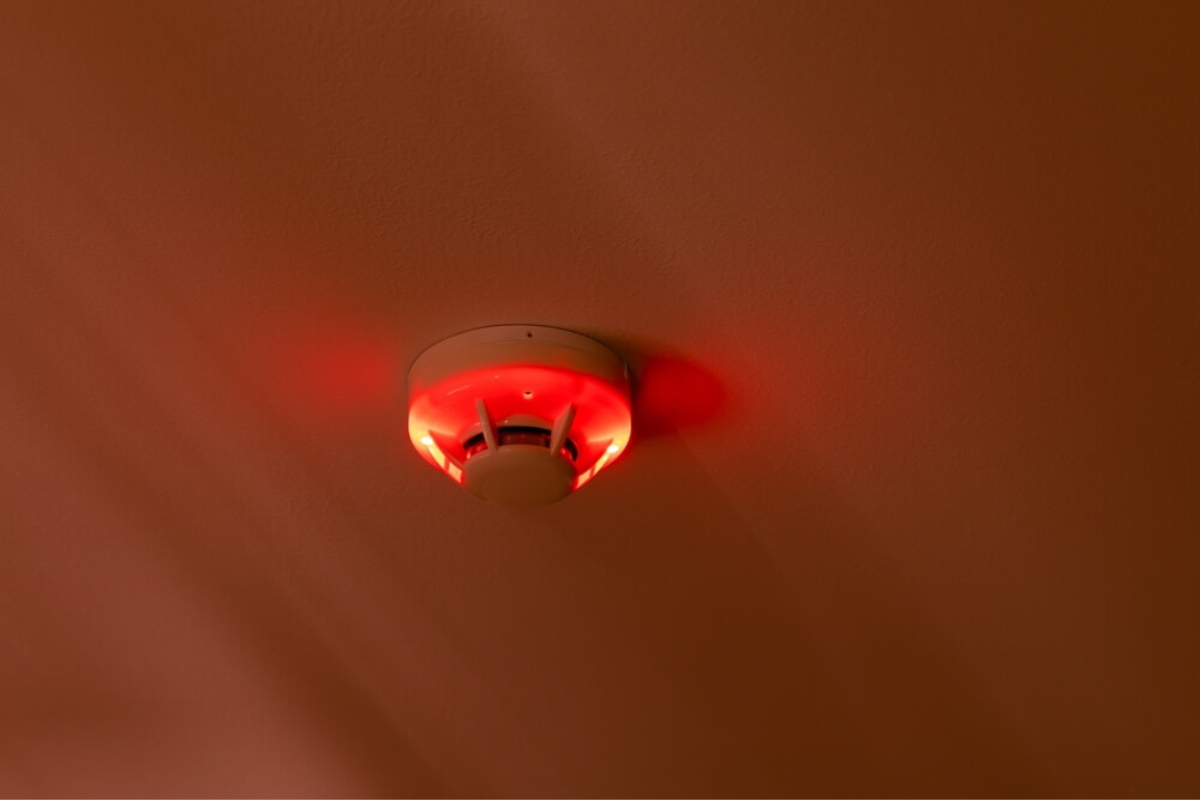
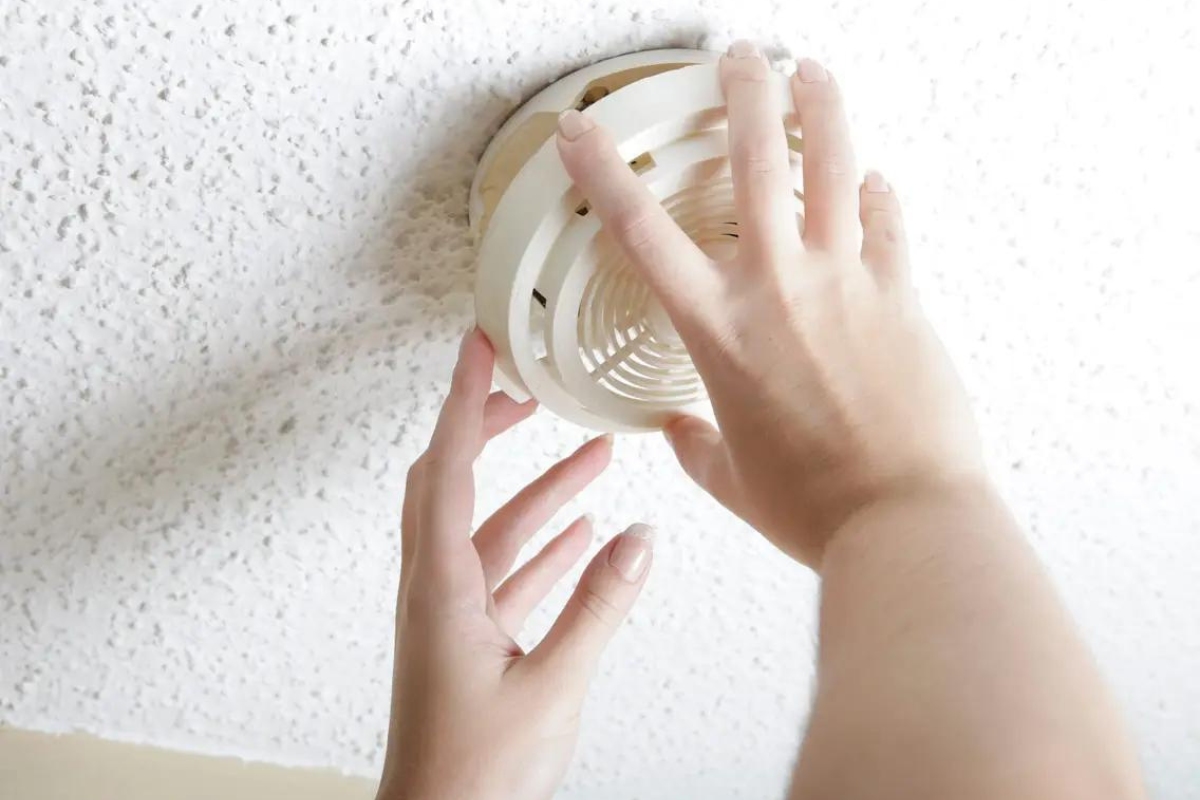

0 thoughts on “What Does It Mean When My Smoke Detector Beeps”